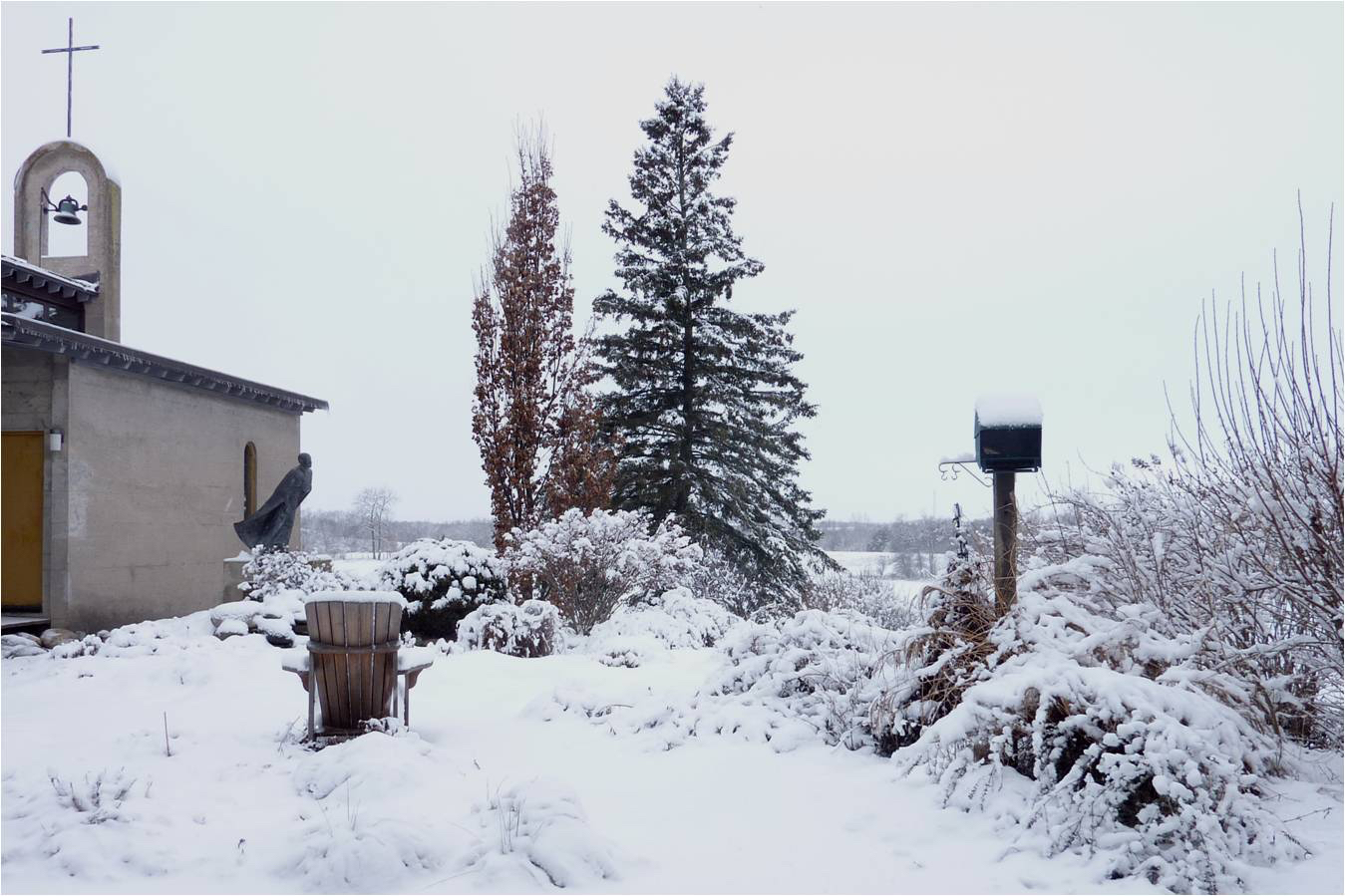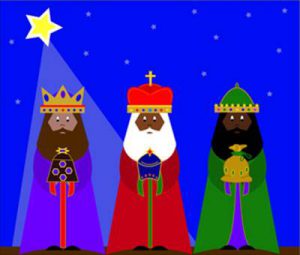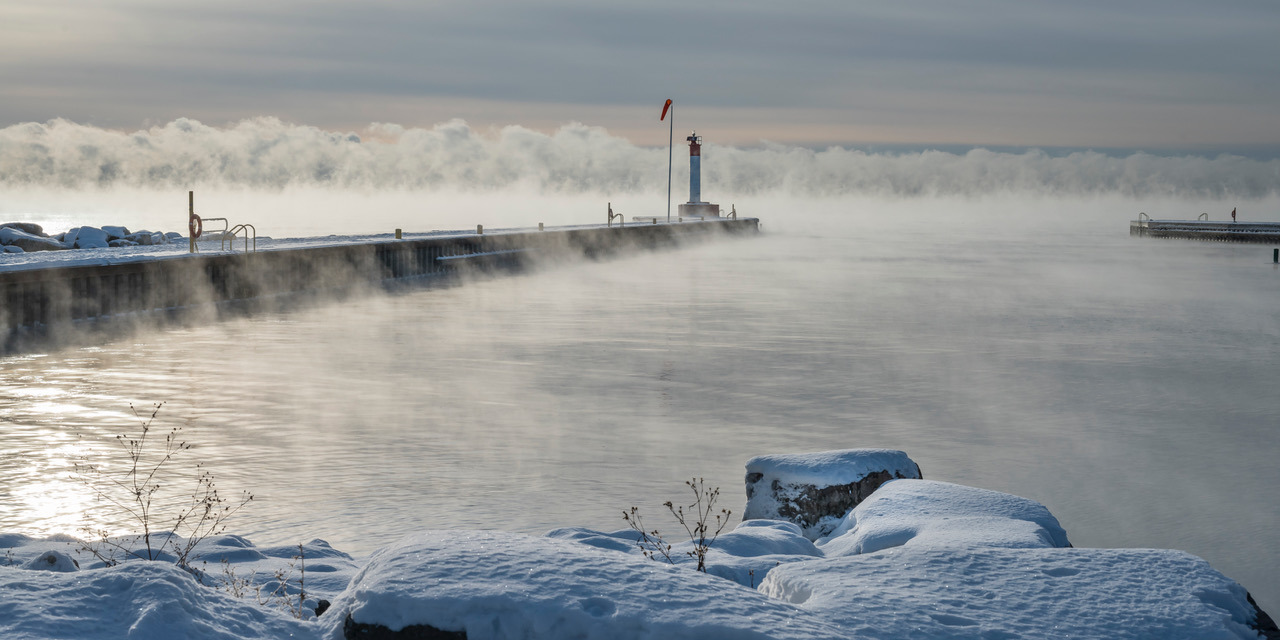What will you bring? Epiphany 2022

“When they saw that the star had stopped, they were overwhelmed with joy.” St. Matthew tells us about the wise men from the East and how they searched for the child who has been born king of the Jews. Their overwhelming joy came from the discovery of the child that they had searched for with intent. They knelt down and paid him homage.
The Magi brought gifts of gold, frankincense, and myrrh. Each was a gift with significance. We are invited to pay homage as well. What is the gift that I bring to the Christ? Why is it so significant?

Source: adeleandthepenguin.com
Or, is it something I have in my pile of unwanted gifts, something to re-gift (i.e., get rid of)? We are coming to pay homage to the Prince of Peace. The gift must have significance.
Perhaps the gift I offer on this year’s Feast of the Epiphany of the Lord is something precious from my life, something that is indicative of how I see Christ’s role in my life. Or, maybe it’s a prayerful promise I have for the year (e.g., praying for peace everyday in this dangerous time). What is my gift, my promise?
The Magi searched by following a star. Others of us search in other ways, for instance, trusting in the mysterious unfolding trajectory of life, looking for patterns of God’s action in our lives. Some spend a lifetime searching, trusting in St. Augustine’s reminder that our hearts are restless until they rest in God.
Call to mind Anna the Prophetess, an elderly Jewish woman in Luke’s Gospel. She had waited a lifetime. The other figure at the presentation in the temple is Simeon. He also waited a long time and is now able to proclaim, “Now, Master, you can let your servant go in peace.” His eyes have finally seen what was long-promised.
Many writers tell us about the journey towards the fulfilment of a promise. It’s good for us to recall T.S. Eliot’s account of the Journey of the Magi.

“the very dead of winter”. Source: Marcel Painchaud
A cold coming we had of it,
Just the worst time of the year
For a journey, and such a long journey:
The ways deep and the weather sharp,
The very dead of winter.’
And the camels galled, sorefooted, refractory,
Lying down in the melting snow.
There were times we regretted
The summer palaces on slopes, the terraces,
And the silken girls bringing sherbet.
Then the camel men cursing and grumbling
and running away, and wanting their liquor and women,
And the night-fires going out, and the lack of shelters,
And the cities hostile and the towns unfriendly
And the villages dirty and charging high prices:
A hard time we had of it.
At the end we preferred to travel all night,
Sleeping in snatches,
With the voices singing in our ears, saying
That this was all folly.
Then at dawn we came down to a temperate valley,
Wet, below the snow line, smelling of vegetation;
With a running stream and a water-mill beating the darkness,
And three trees on the low sky,
And an old white horse galloped away in the meadow.
Then we came to a tavern with vine-leaves over the lintel,
Six hands at an open door dicing for pieces of silver,
And feet kicking the empty wine-skins.
But there was no information, and so we continued
And arriving at evening, not a moment too soon
Finding the place; it was (you might say) satisfactory.
All this was a long time ago, I remember,
And I would do it again, but set down
This set down
This: were we led all that way for
Birth or Death? There was a Birth, certainly
We had evidence and no doubt. I had seen birth and death,
But had thought they were different; this Birth was
Hard and bitter agony for us, like Death, our death.
We returned to our places, these Kingdoms,
But no longer at ease here, in the old dispensation,
With an alien people clutching their gods.
I should be glad of another death.
Once we have seen the Christ, something must change in our lives. I’ve always liked a quote from a Christmas card that I once received. It is based on the Magi’s choice of a new way home, after being warned in a dream.
“We have seen the Christ …and like the wise ones of old we can no longer go home by the familiar route. A new way is our today.”




Vicky Chen
Posted at 08:15h, 10 JanuaryThank you Fr. Phil for your thought provoking article. Upon reflection, I am still struggling as the second class of persons described by Ignatius of Loyola. Yes, with each Epiphany there is come changes. Often I realize that it is more what God has graced me through people or events than what I can bring to Him.
Peter Bisson
Posted at 10:53h, 10 JanuaryThank you Philip!
Grace C.
Posted at 18:39h, 10 JanuaryThank you Fr. Philip for your thoughtful reflection. What a lovely poem from T.S. Eliot! One forgets they had a life after meeting Jesus – a transformed life.